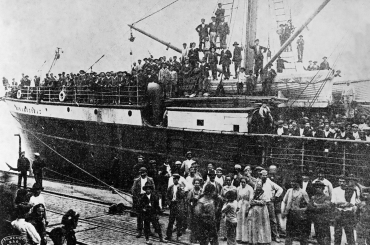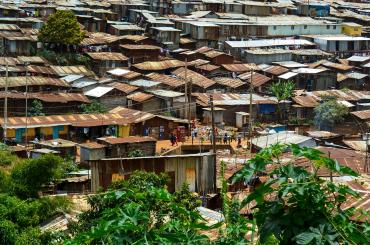
Migration & Urbanisation
-

How immigration supported agricultural development and structural transformation in Brazil
Immigration can foster agricultural development while accelerating, rather than delaying, structural transformation in developing economies.
-

How childhood migration shapes educational outcomes
Migration can act as a powerful tool for upward mobility. Evidence from Indonesia indicates that the benefits of migration depend on a household's initial education level, the age at which a child migrates, and the origin and destination locations.
-

How the urban environment can adapt to climate change
With rising rural-urban migration in developing countries, accelerated by climate change, it is crucial to understand how to incentivise adaptation in the design and construction of urban buildings.
-

Do local experiences or national narratives drive anti-migrant sentiment?
Local exposure to Venezuelan migrants does not necessarily lead to a rise in local xenophobia. In fact, evidence suggests that anti-migrant sentiment is a national-level phenomenon, driven by national narratives and divorced from local experiences wi...
-

US immigration policy uncertainty drives job relocation to India
Increased uncertainty in India around US immigration policies led to firms relocating jobs from the US to India. Increasing rhetoric around restrictive immigration policy may increase offshoring, rather than promote domestic employment.
-

Designing cities in developing countries: Land planning, slum upgrading and reconstruction programmes
The cities of developing countries are growing rapidly. How can economists design urban policy to raise the living standards of urban households?
-

The role of cities in economic development
Cities can be engines of growth. How can policymakers realise the benefits of cities while minimising the drawbacks of urbanisation?
-

Insights from Colombia's massive regularisation of Venezuelan forced migrants
The regularisation of Venezuelan migrants had no significant effects on labour markets, political and social cohesion among Colombian natives, or crimes committed against Colombians while it enhanced the well-being and self-reliance of the forced mig...
-

How the Mexican war on drugs fuelled organised crime
Municipalities with oil pipelines in Mexico saw a 30% increase in cartel presence after the war on drugs began, resulting in severe economic and social impacts.